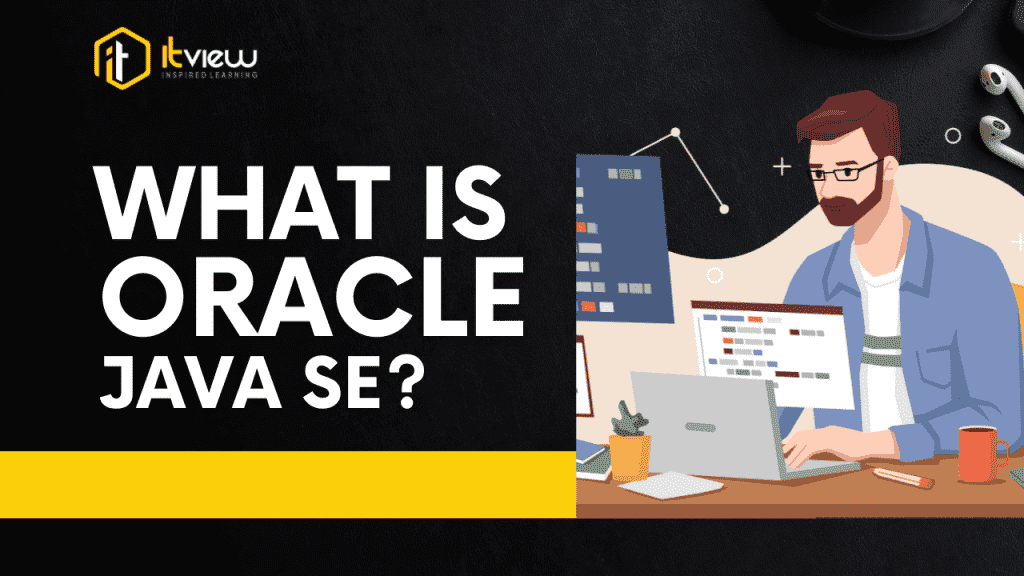Oracle Java SE (Standard Edition) is a powerful platform that enables developers to create and deploy a wide range of applications and services, from mobile apps to enterprise-level solutions. As part of the larger Java ecosystem, which includes Java EE (Enterprise Edition) and Java ME (Micro Edition), Oracle Java Standard Edition (SE) caters to various application domains and remains a fundamental choice for software development.
Overview of Oracle Java SE
History and Development
Java was originally developed by Sun Microsystems in the mid-1990s, and Oracle Corporation acquired Sun in 2010. Since then, Oracle has continued to evolve and enhance Oracle Java SE, introducing new features, performance improvements, and security updates. It is widely regarded as the standard for developing Java applications and is utilized in millions of devices worldwide.
Key Components
Oracle Java SE comprises several core components that are crucial for application development:
- Oracle Java SE Development Kit (JDK): The JDK is a full-featured software development kit that includes everything developers need to create Java applications. It contains tools such as the Java compiler, Java Runtime Environment (JRE), and libraries for building and running Java programs.
- Java Runtime Environment (JRE): The JRE is a subset of the JDK that provides the necessary libraries and components to run Java applications. It does not include development tools like the compiler, making it suitable for end-users who want to run Java applications on their devices.
- Java Virtual Machine (JVM): The JVM is the engine that executes Java bytecode, allowing Java applications to run on any device that has a compatible JVM. This platform independence is one of Java’s most significant advantages.
Features of Java SE
Oracle Java SE offers several features that make it a preferred choice for developers:
- Platform Independence: Java applications can run on any operating system with a compatible JVM, enabling cross-platform development and deployment.
- Rich API: Oracle Java SE provides a comprehensive set of libraries and APIs that simplify development tasks, including input/output, networking, security, and graphical user interface (GUI) development.
- Object-Oriented Programming (OOP): Java is an object-oriented language, promoting code reuse and modularity through concepts like encapsulation, inheritance, and polymorphism.
- Memory Management: Java includes an automatic garbage collection system, which helps manage memory usage by reclaiming memory occupied by objects that are no longer in use.
- Robust Security Features: Oracle Java SE incorporates a range of security features, including a security manager and a bytecode verifier, to protect applications from unauthorized access and malicious code.
Use Cases
Oracle Java SE is utilized in various application domains, including:
- Desktop Applications: Java SE provides libraries for building rich desktop applications with graphical user interfaces, such as text editors, media players, and database management tools.
- Web Applications: Developers can create dynamic web applications using Oracle Java SE in conjunction with web technologies like Servlets and JavaServer Pages (JSP).
- Embedded Systems: Java SE is also used in developing applications for embedded systems, such as smart devices, home appliances, and industrial machinery.
- Cloud Services: With the rise of cloud computing, Oracle Java SE plays a crucial role in building cloud-based applications and services that leverage scalability and flexibility.
Differences Between OpenJDK and Oracle JDK
Understanding the difference between OpenJDK and Oracle JDK is essential for developers choosing the right Java version for their projects.
- Licensing: OpenJDK is open-source and available for free under the GNU General Public License (GPL). In contrast, Oracle JDK is a commercial offering with specific licensing terms, especially for commercial use, requiring a subscription for support and updates.
- Features: While both versions share a common codebase, Oracle JDK may include additional features and optimizations that are not present in OpenJDK. This can affect performance and support in enterprise environments.
- Updates and Support: Oracle JDK users benefit from Oracle’s dedicated support and timely updates. OpenJDK, while actively maintained by the community, may not receive updates as rapidly as Oracle JDK.
Oracle Certified Professional
Becoming an Oracle Certified Professional in Java SE signifies a deep understanding of Java programming and its ecosystem. This certification validates your skills and can enhance your career prospects, making you a more attractive candidate for employers seeking qualified Java developers.
Dive Deeper into Java!
Explore the full breakdown between Java SE and JDK in our blog. Read now!
Conclusion
Oracle Java SE is a versatile and powerful platform that empowers developers to create a wide range of applications. With its rich features, extensive community support, and ongoing updates from Oracle, Java SE remains a leading choice for software development. Whether you are a novice programmer or an experienced developer, mastering Oracle Java SE opens doors to countless opportunities in the ever-evolving tech landscape. By understanding the key differences between OpenJDK and Oracle JDK and pursuing an Oracle Certified Professional credential, you can enhance your expertise and career potential in Java development.

